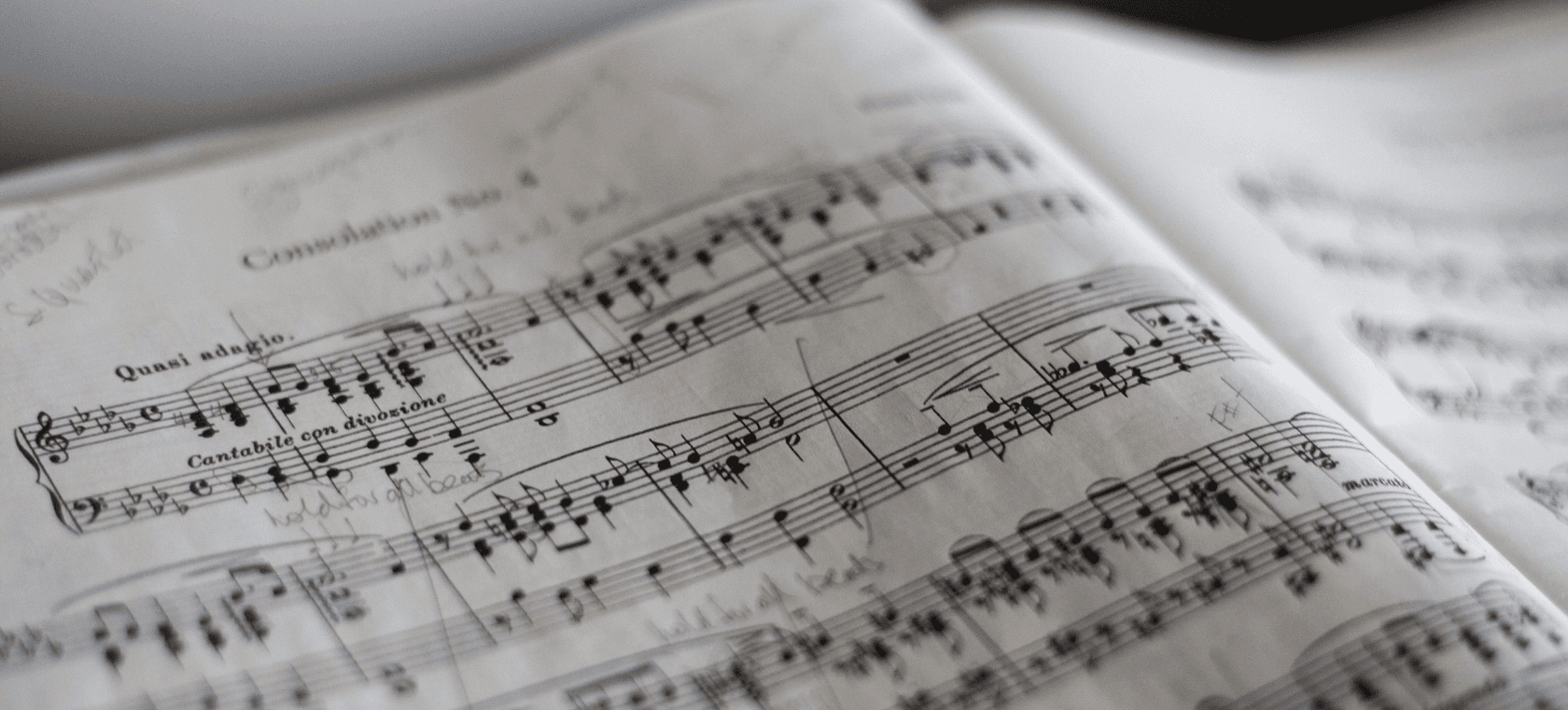
As musicians, we are trying everyday to acquire competences by facing the process of acquiring information and translating them on our instruments. In general when an individual decides to learn a new skill, he needs to face a four phase transition to acquire it. We all know how long, slow and sometimes stressful the process can be but what seems to be a standardised process has been identified during the 70’s in psychology as a ladder scheme of knowledge and understanding that can definitely be applied also to the music field.
Let’s find out in detail, what the four stages are:
Unconscious incompetence
This basic stage is the one where the individual is not aware about a certain aspect and doesn’t know how to proceed to reach the next step. Translated to the music field, this is the real blank page, the starting point of a musical journey on the instrument when the student is not able to recognize what is lacking to improve his ability. Once having acknowledged that some aspects could be useful, the aspiring musician can proceed to the next stage but the length of time spent in this stage depends on the willpower to learn and on the inputs given by the teacher .
Conscious incompetence
The next level refers to a musician who doesn’t understand or know how to play a piece but recognizes the deficit. He accepts the knowledge of an existing gap and, to progress, he must recognize the value of the aspect he/she is trying to learn. This passage may be a little uncomfortable for some but the motivational learning aspect is crucial to know that mistakes are part of the learning process.
Conscious competence
The third learning stage is the one where musicians understand and know how to play a piece but it requires a good amount of concentration and discipline. At this level all senses are involved in a conscious way during the performance, with very little room for errors in order to execute a piece in the proper way. It doesn’t come spontaneously then but it’s a work towards skills acquisition where the ‘trial and error’ method is the right way to achieve continuous improvement.
Unconscious competence
The last level is the one that all musicians aim for the most. To reach this level much practice is needed to reach something that comes “naturally” when executing it. It still demands a learning process but the musician at this stage has a strong foundation and confidence in his abilities. This level is the only one that allows a potential teacher to transfer his knowledge to others.
With this system being applicable to every field, it can be used during the learning music process to analyse your own stage and be aware of what should be done to reach the next one. It should be especially used when self-doubt takes over during difficult times, reassuring yourself during conscious phases that results will improve in the future through hard work and perseverance.
Share:
Subscribe to Our Newsletter
Get the latest updates from all Classeek activities, events, and more - delivered straight to your inbox!